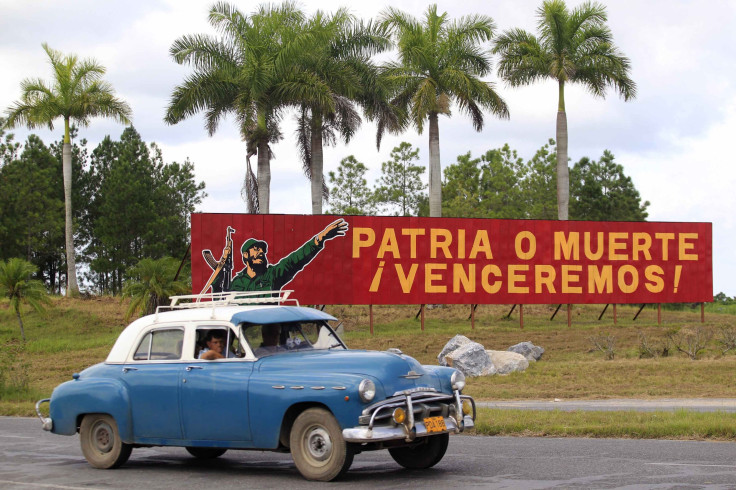Cubans Free To Travel, Except Doctors And Dissidents

Most Cubans will soon not have to go through the tedious and expensive process of obtaining an exit permit from their government in order to travel abroad.
Cuba announced that it is lifting the exit permit requirement as of Jan. 14 next year, while also extending the amount of time Cuban citizens can remain abroad, from 11 months to 24 months, without having to return to apply for renewals or extensions.
While most Cubans will only need a passport and visa to leave the country, the law stipulates the need to protect the country’s “human capital” from “the theft of talents practiced by powerful nations,” CNN reported.
Restrictions are expected to remain for certain professions such as doctors, which the Cuban government is concerned about losing to other countries. The ruling Communist Party of Cuba is also worried about political dissidents leaving the country and engaging in subversive activities abroad, so restrictions on their travel freedoms will remain tight.
Nevertheless, for a large majority of the Cuban population, the relaxation of travel restrictions under the administration of President Raul Castro marks a shift in the government’s attitude toward interaction with other countries, particularly the U.S., where a large Cuban community exists and, within it, a strong political opposition to Havana.
The U.S. had a particularly antagonistic relationship with Cuba during the Cold War era, perhaps best represented by the 1962 Cuban missile crisis when the Soviet Union and the U.S. were on the brink of nuclear war after Soviet missiles were discovered in Cuba by an American surveillance plane.
This, however, had followed prior provocations, including the 1961 U.S.-backed Bay of Pigs invasion, which attempted to overthrow the government of then-leader Fidel Castro and, more importantly, the U.S. installation of nuclear-capable missiles in Turkey that were capable of striking Moscow.
While nuclear war was averted, relations remained chilly, even after the collapse of the Soviet Union and the end of the Cold War in the early 1990s.
The Cold War mentality has since dissipated, and the Cuban government no longer seems as concerned about allowing citizens to travel abroad, particularly in light of the fact that travel restrictions haven’t done much to stop Cubans from leaving the country if they are determined.
The U.S. has maintained a policy of granting automatic residency to any Cuban refugee, so thousands of Cubans over the years have risked the dangerous 90-mile journey to reach Florida by leaky boat or makeshift rafts.
The Cuban government also appears to be recognizing the potential economic and social benefits of greater travel freedoms for its citizens. Cubans who choose to work abroad and send money home to their families could provide an influx of new revenue into the country.
Still, there is the possibility that many Cubans may decide to leave the country permanently, so it will be up to other countries to decide whether or not they want to let them in.
© Copyright IBTimes 2024. All rights reserved.




















